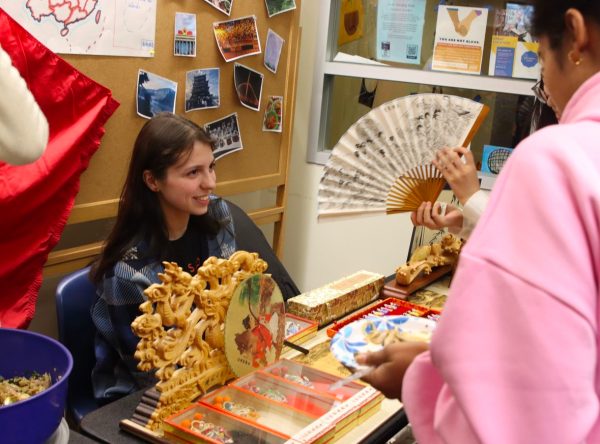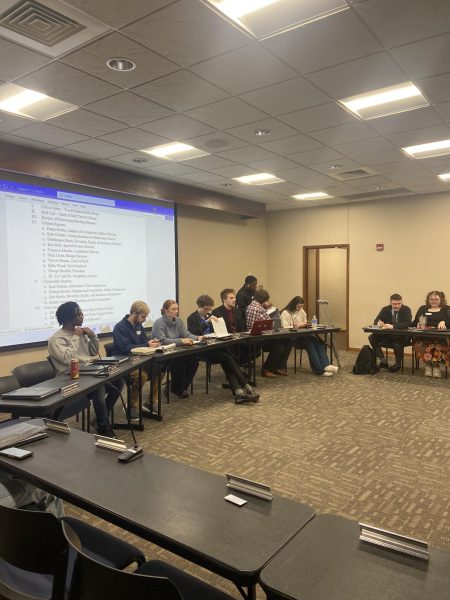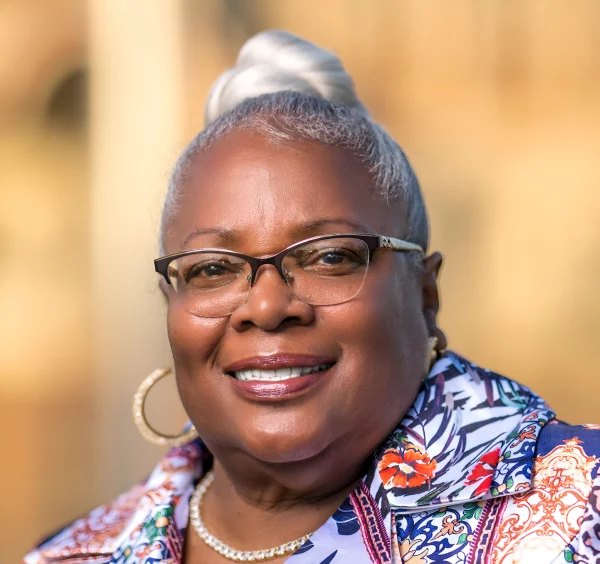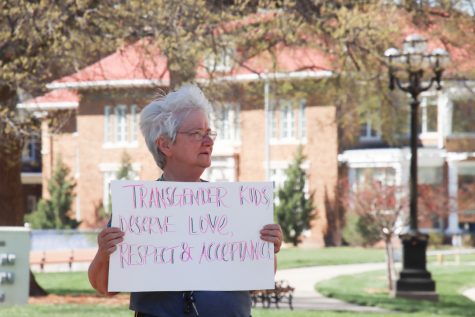International students speak about freedom of expression on campus
Thursday, Feb. 24 is Student Press Freedom Day. Members of MM426 Advanced Student Media Practicum wrote a series of stories relating to the freedom of the press.
Students from abroad recognize the importance of freedom of expression on campus, but cultural differences may lead to challenges that impact experiences in the classroom.
Each country has different laws of freedom of press and speech, with European countries having similar protections comparable to the First Amendment in the U.S.
Norway and the Netherlands have freedom of expression written in each respective constitution, and these countries are consistently ranked high every year by Reporters Without Borders for highest press freedom. However, countries in Asia lean to the other end of the spectrum.
“In Japan, [the news] does not hide the truth, but they don’t specifically say what’s going on,” said Justine Gutierrez, Japanese sophomore business major and president of the Washburn Japanese Club. “There’s more of a barrier just to speak.”
Japan has a long-standing history of self-censorship in the media, with business interests and government retaliation limiting journalists in the stories they can tell. Variables, like cultural context, influence how nations practice their media freedoms and these practices are reflected by school administrations and their interaction with students.
“If someone has a problem [at school], and students need to talk to someone… It’s kind of hard to share your voice and opinion,” Gutierrez said.
Conservative Japanese values often prevent students from discussing certain topics, like sexuality or mental health.
“We’re not supposed to talk about anything sexual,” Gutierrez said. “Even if it’s about awareness or safe sex.”
For Dutch senior mass media major and athlete Nikki Kraaijeveld, getting the attention of school administration is quite common in the Netherlands.
“We have lots of petitions,” Kraaijeveld said.
Kraaijeveld was involved in a petition at her school in the Netherlands to urge administration towards providing feminine products in school bathrooms, where they gathered support and signatures. A month later, there were feminine products in the women’s bathrooms.
But Kraaijeveld hesitates to petition for any kind of change at Washburn, as she doesn’t feel it’s her place to petition for change in a country that’s not her own.
“I believe with just one person, I can’t make anything happen,” Kraaijeveld said. “As an international, I’m not from here, and things here are different. Sometimes I just keep things the way they are, just because I think it might be ‘normal’ here. In my country it could be the total opposite.”
Cultural differences also challenge international students in classrooms in the U.S., as acceptability of certain practices are foreign to them. In Japan, academics are a priority and speaking in class or to the professor is not recommended.
“I get scared to say something that is wrong,” Gutierrez said. “I’m afraid I’ll get judged for it.”
For Kraaijeveld, the classroom can be difficult to navigate because of topics being discussed, and the values that one culture prioritizes over another.
“It was during the election, and I remember where [the class] only talked about politics for the entire semester,” Kraaijeveld said. “I don’t get involved. I just don’t care, because I’m not from here.”
Both Gutierrez and Kraaijeveld understand the importance of freedom of expression for all students, not just those from abroad. They’re aware of their rights to express themselves, but feeling comfortable utilizing them is another obstacle they have to face on campus.
Edited by: Justin Shepard, Ellie Walker
Your donation will support the student journalists of Washburn University. Your contribution will allow us to purchase equipment and cover our annual website hosting costs.














